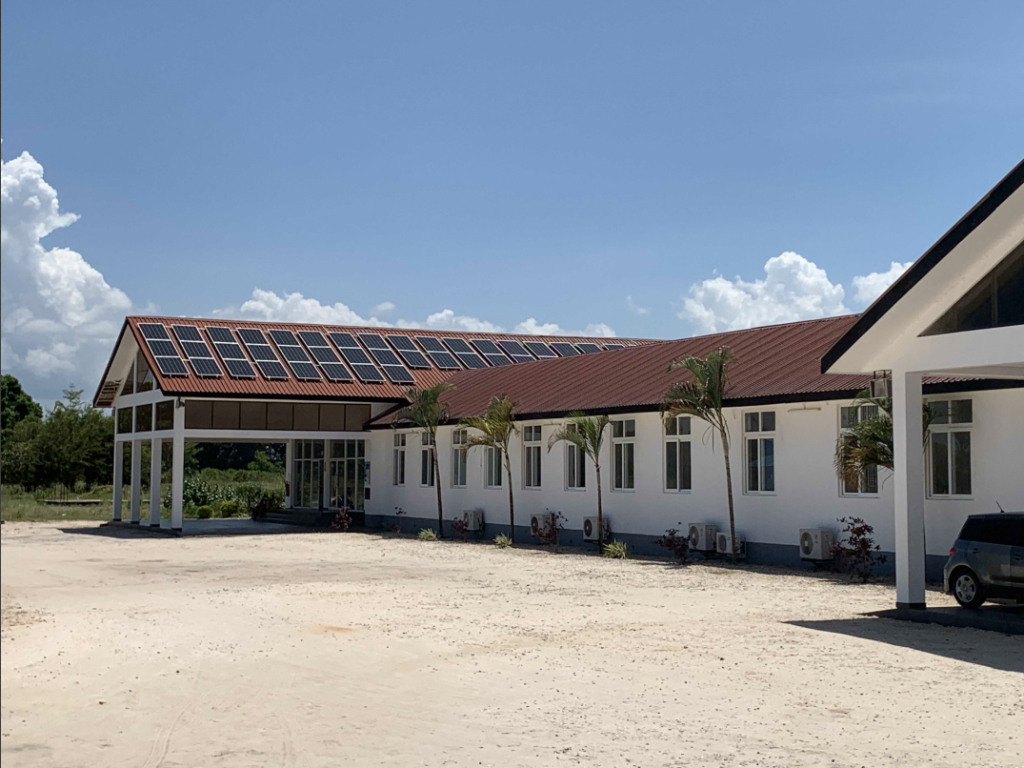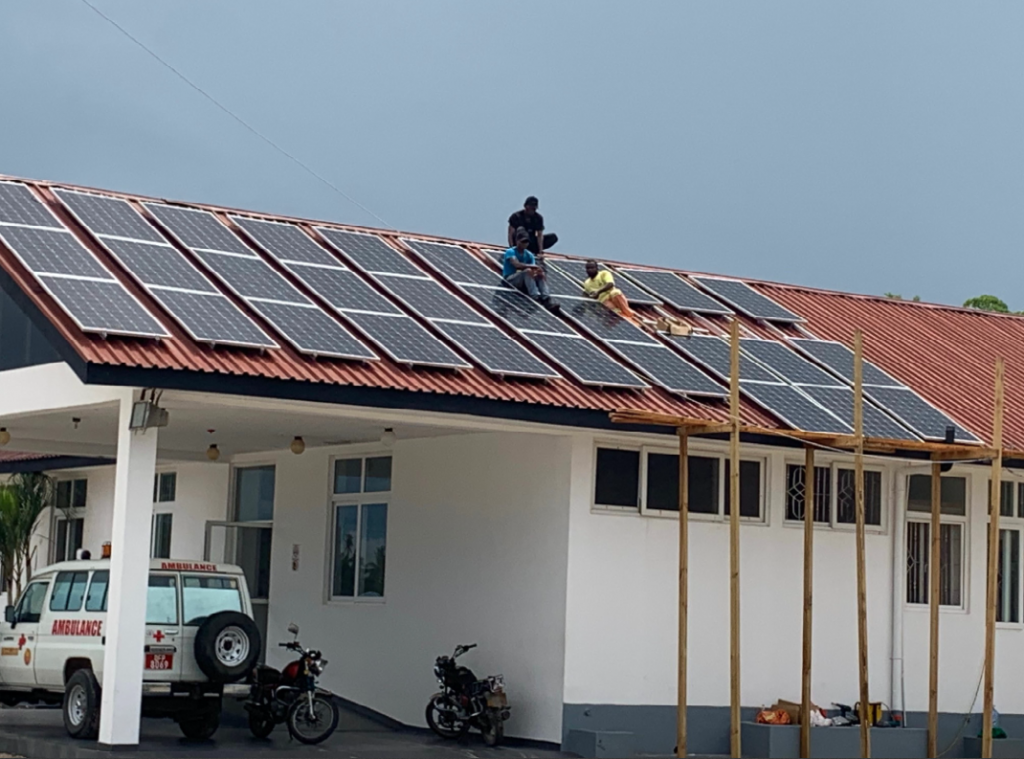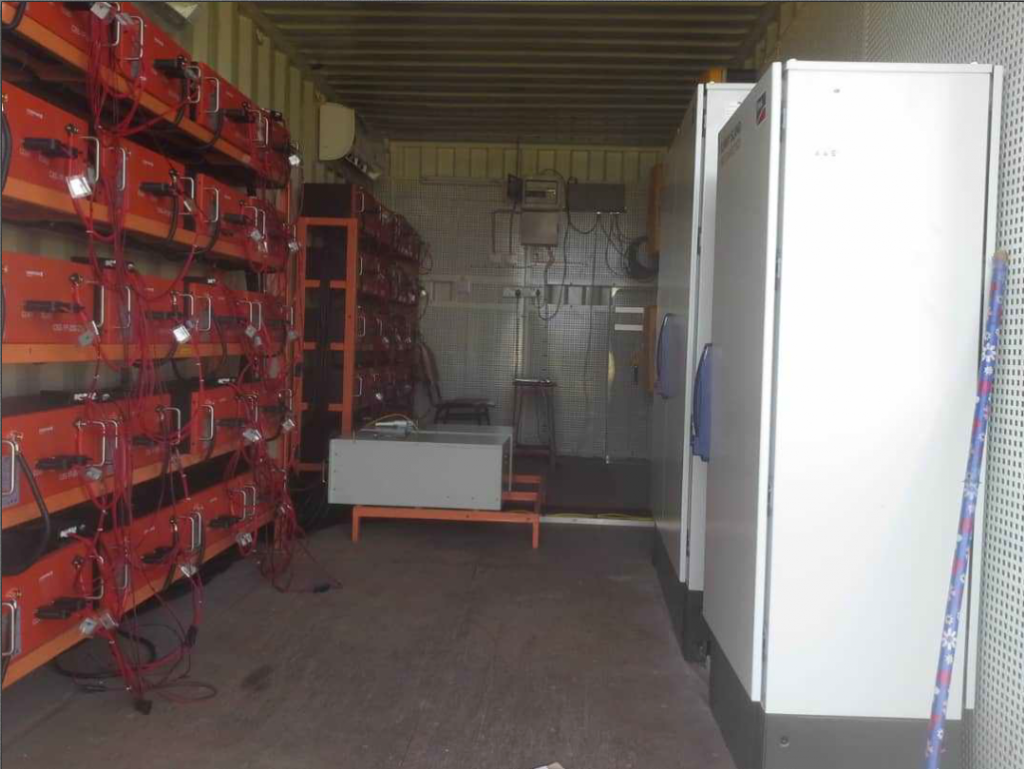IHI solar project in Tanzania
The Ifakara Health Institute (formerly: Swiss Tropical Institute Field Laboratory) was established in 1957 by the Swiss Tropical Institute (today: Swiss Tropical and Public Health Institute – Swiss TPH) in Ifakara, Tanzania as a field station. Over more than fifty years it has developed into one of the leading research institutions in Africa. It sees its task to develop new strategies for strengthening health systems and combating poverty-related diseases such as malaria, tuberculosis and HIV/AIDS. This includes clinical trials in the development of drugs and vaccines.
The Swiss TPH is a public institution with its own legal personality.
In the meantime, the Ifakara Health Institute (IHI) has become an independent Tanzanian non-profit organisation with more than 600 employees spread throughout the country. The Swiss Confederation through its Embassy and the Swiss TPH are still represented on the Foundation Board of the IHI and support it in many ways.
With the rapid development and expansion of the IHI, the infrastructure has also been constantly expanded. On a site in Kingani in Bagamoyo (approx. 70 km north of Dar es Salaam), various research and teaching buildings and a hospital for clinical studies were built, the Bagamoyo Research and Training Unit (BRTU) as a unit of the IHI.
Electricity is supplied by the state-owned TANESCO, and diesel generators are used for emergencies. In 2014, Swiss TPH and the IHI commissioned Enda Solar Ltd. to conduct a study on the use of solar energy in order to reduce the costs arising from the high electricity consumption. This study showed a potential for considerable savings – on the one hand through the use of modern light bulbs and on the other hand through a coordinated use of cooling devices.
Measures that were easy to realize were implemented. The use of a solar system makes it possible to avoid the production of expensive backup power from diesel generators, to compensate for the frequent outages of TANESCO and, with intermediate storage in form of batteries it is possible to maintain a high degree of independence from external suppliers.
We are grateful to have been able to participate in this impressive project in the form of a sponsoring contribution.



